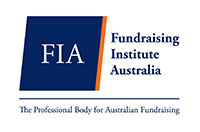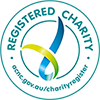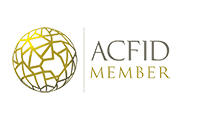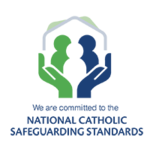Financial struggles can cause all sorts of deeper problems in our lives – and it can feel impossible to ever break free. It is crucial to help people in need to stop the cycle of growing debt and take better control of their finances.
For many people, the impact of COVID-19 has brought financial hardship. With widespread job losses and business shutdowns, it means less money in the pockets of people who are desperately trying to make ends meet.
Women have been among the groups particularly affected, as women are generally earning less, saving less, and holding insecure jobs or living close to poverty. Amongst the applications for financial support we received in 2019, 61% were women.
Our Financial Inclusion Program is helping low income earners to move away from financial hardship towards stability and more meaningful economic participation through the delivery of no and low-interest loans in partnership with Good Shepherd Microfinance .
We have identified a significant need to assist individuals in our communities to improve their financial capabilities. We hope to broaden our support through formal financial literacy education – helping people build their financial confidence to approach important areas of life with informed decisions.
As part of our Financial Inclusion Program, we will soon be introducing Financial Literacy Workshops. The purpose of this initiative is to improve financial literacy and reduce vulnerability to predatory lending in rural communities. People involved can learn the skills and knowledge they need to manage their finances more effectively and move into financial inclusion.
This pilot project will be especially important 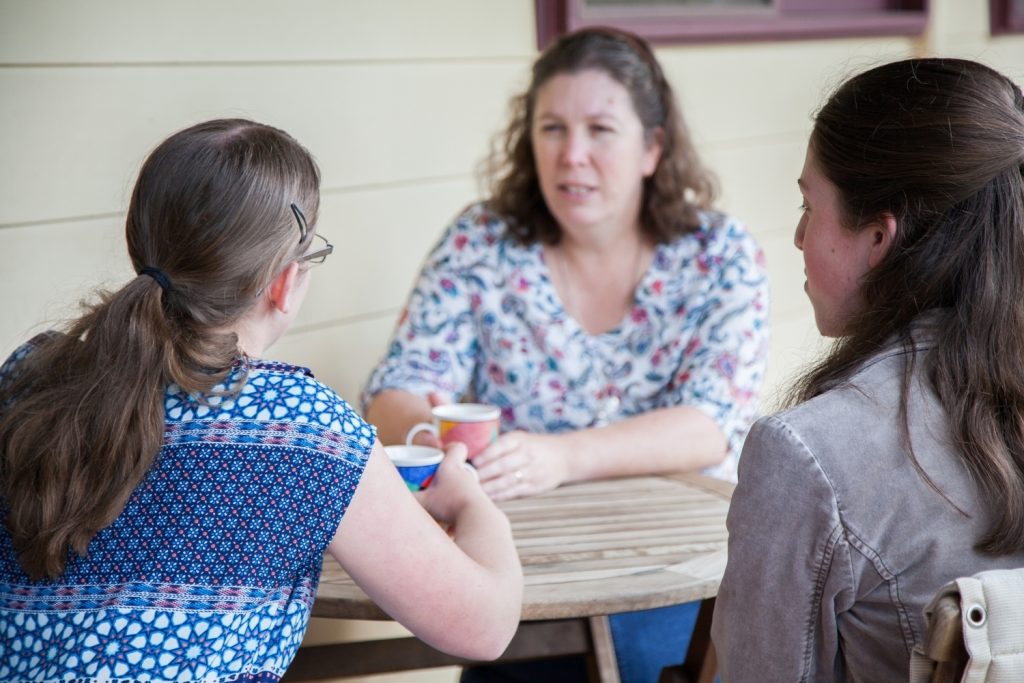 as money management struggles have been heightened during the COVID-19 pandemic, putting many people in financial crisis.
as money management struggles have been heightened during the COVID-19 pandemic, putting many people in financial crisis.
Our Financial Literacy project will be driven by what it means to achieve financial freedom.
This will include helping people learn about how to:
- Improve their financial capability
- Change financial attitudes and behaviour
- Increase financial resilience and confidence
- Improve their ability to meet financial commitments including actively saving
- Change consumer behaviour towards money and credit
- Understand their rights as consumers
With economic dignity in mind, we will help people to understand the options available to them in a safe and respectful environment. We will run financial literacy sessions in a group or one-on-one setting to provide knowledge and skills on managing money day-to-day, making informed choices, and planning for the future.
Improving skills in money management opens up lifechanging opportunities leading to enhanced financial wellbeing. This is especially important for groups of people most vulnerable to economic hardship – such as women, older people, Aboriginal and Torres Strait Islander people, and people living in rural communities.
Our hope is to free people from the distressing impacts of financial hardship.
Mary MacKillop Today’s NILS and StepUP Loans are delivered in partnership with Good Shepherd Microfinance, and is generously supported by NSW Fair Trading, NAB and the Australian Government Department of Social Services.


